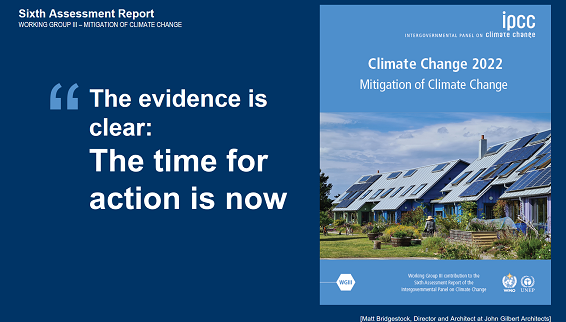
So that you are not caught by surprise by the @IPCC_CH Synthesis Report next Monday, let’s get prepared looking at the conclusion from the reports it synthesizes. #ClimateReport #AR6
Today, let’s focus on the WGI report on the physical science basis of climate change.
Today, let’s focus on the WGI report on the physical science basis of climate change.

WGI is on the physical science basis of climate change. Its report was published in August 2021.
Read it, or at least its summary: ipcc.ch/report/ar6/wg1/
Or listen to its presentation:
Key points:
1.The human influence on climate is now an unambiguous scientific fact. Human activities are responsible for the entire global warming of the last decade, whose temperature level - +1.1°C compared to the pre-industrial era - is most likely the highest in at least 100,000 years.
2.For the next 20 years, the warming trend will inevitably continue due to the concentrations of greenhouse gases already present in the atmosphere and future emissions. It also means more frequent and more intense extreme events.
3.We therefore need adaptation: see Group II
4.There is a quasi-linear relationship between cumulative anthropogenic carbon dioxide (CO2) emissions and the global warming they cause.
5.This means that until the CO2 emitted-CO2 absorbed balance, or "net" CO2 emissions, is equal to zero (i.e., CO2 neutrality is achieved), the concentration of this gas in the atmosphere will increase and warming will continue.
6.Seen in a more positive light, this means that when CO2 emissions will be equal to zero, the situation will stop getting worse.
7.This is the goal of mitigation, which is the topic of the report from WGIII (the one I contributed to).
WGI report authors would tell you much more: follow them! Eg @valmasdel, @cassouman40, @SophieSzopa, @JoeriRogelj
To be continued, with the WGII report on Impacts, Adaptation and Vulnerability, tomorrow…
• • •
Missing some Tweet in this thread? You can try to
force a refresh










